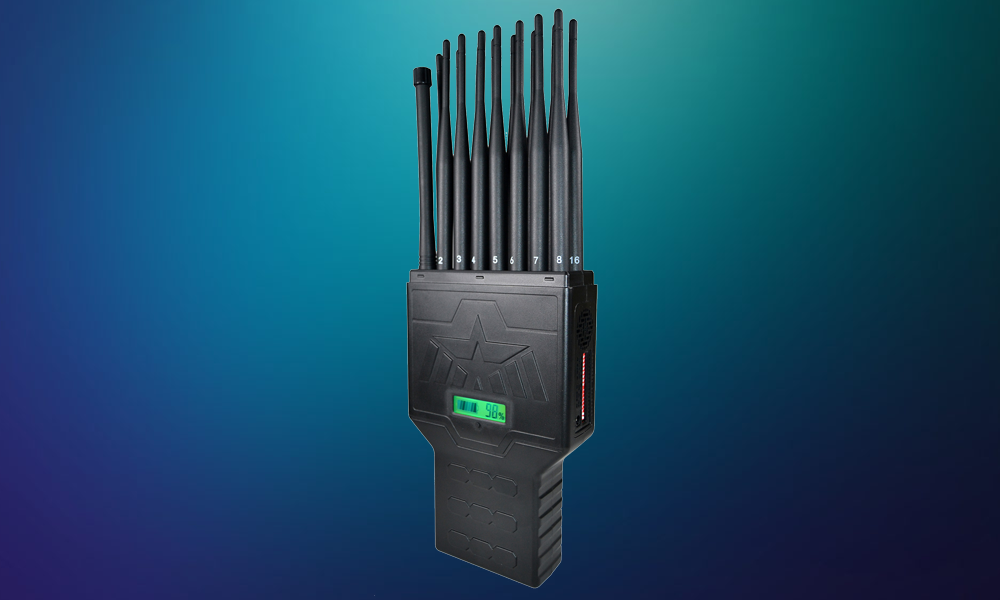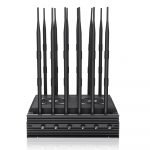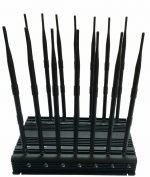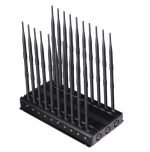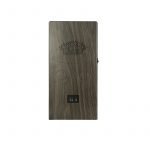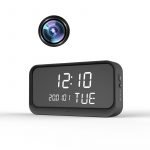What to Look For When Buying a Phone Signal Jammer

There are many reasons to buy a phone signal jammer. They may be used to block cell phone signals from cell towers or they may interfere with hardwired cameras. Some people use these devices to disrupt emergency communications. Learn what to look for when you are buying one. Below are some tips to consider. Read on for more information. To get a clearer picture, read the article below. Listed below are just a few of the many uses of phone signal jammers.
Cell phone signal jammers are used for different purposes
A cell phone signal jammer works by deliberately disrupting cell phone signals. They can block any cell phone signals, cellular towers, or base terminals. These devices are often placed in a sensitive location, such as a concert hall, restaurant, or school. These devices are used for different reasons, and there is no universal use or legal definition for them. However, there are certain legal implications for these devices, as they can interfere with emergency services or the quality of the network.
Depending on the device, these devices can interfere with cellular signals. In some countries, jamming is legal. But in other countries, it’s not. In Italy, for example, jammers are illegal to own or operate, and in some cases they are even banned. The law doesn’t always apply to cell phone jammers. They can, however, be used to jam the signals of other devices.
They block signals from cell towers
Buildings that contain concrete can significantly reduce the strength of cell phone signals. This is because of the dense and thick material of concrete. In addition to blocking the signal, concrete can cause indoor signal problems by reducing the strength of cellular reception by -30dB. It is important to note that buildings that are constructed of concrete do not need to be completely devoid of windows or other openings. Bricks and other supplementary materials can still be used, such as sheetrock or shelves.
Building materials such as sheetrock and glass can also interfere with cell signals. While sheetrock does not affect a strong signal from a cell tower, it can significantly reduce a weak one. A single 1/2′-thick sheetrock can reduce reception by -2 dB. Therefore, people should avoid adding too much drywall to their houses. Besides removing sheetrock, building materials such as concrete, brick, and metal can also block the signal.
They interfere with hardwired cameras
Cellular phones emit a lot of electromagnetic radiation, and signal jammers can disable monitoring equipment. They can interfere with indoor and outdoor security cameras as well as smart locks and doorbells. While signal jammers have been proven to interfere with cameras, they’re only a temporary solution. For best results, try installing a hardwired security system. Hardwired systems don’t depend on Wi-Fi signals, so they’re safest.
Phone signal jammers aren’t the same as the old fashioned kind. They don’t interfere with hardwired cameras. Instead, they interfere with cellular and Wi-Fi signals. This way, they prevent sensors from transmitting the signal they need to be effective. While most burglaries look well planned and executed, the truth is that most are unplanned and random. A single jammer will not affect multiple devices in a system.
They disrupt emergency communications
If you’ve ever called 911 during an emergency, you know that the radio signal is vital for first responders to communicate with you and the situation at hand. But phone signal jammers can interfere with those radio signals and disrupt vital emergency communications. The Federal Communications Commission and the FCC issued a joint bulletin on signal jammers, and it’s clear why they’re so dangerous. They interfere with emergency communications, and can also interfere with the radio frequency spectrum used by first responders. Many times, phone signal jammers disrupt first responders’ radios, and the radios of emergency services workers.
Many phone signal jammers are illegal and could prevent companies from tracking company vehicles. In fact, illegal GPS jammers could even interfere with 911 operations, and a recent case in New Jersey has led to a $32,000 fine against a man. The investigation was prompted after the global positioning system at Newark, New Jersey, suddenly switched off without warning. The FCC began investigating the case after a complaint from a telecommunications provider revealed that the owner had installed a signal jammer to jam emergency communications.


